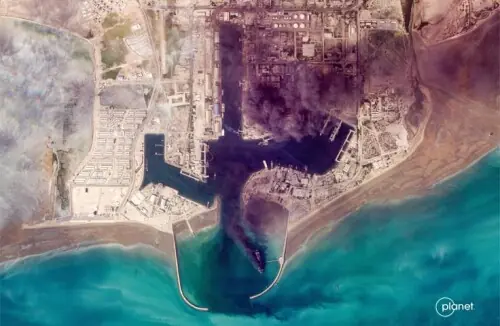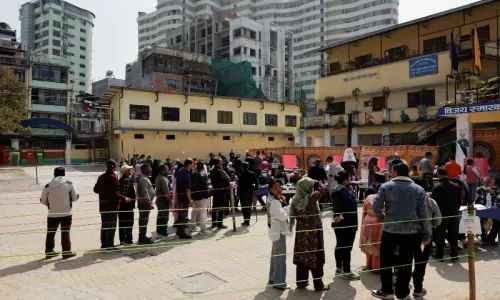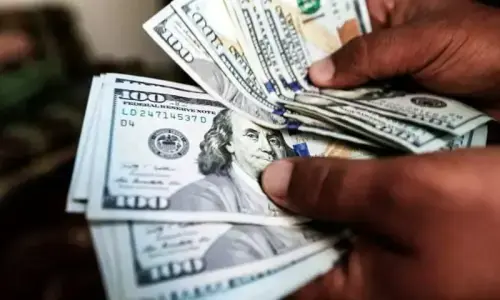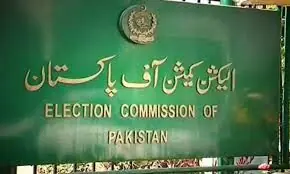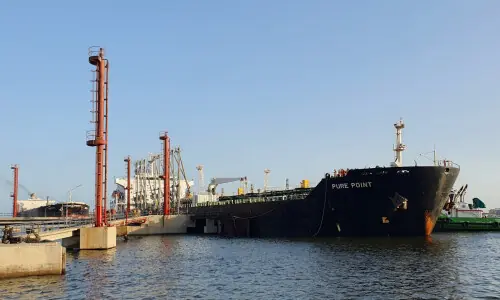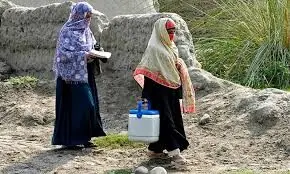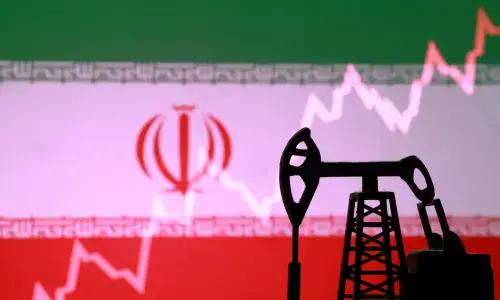“Reprisals have begun. Be men, it’s me who writes and not my family,” Muzamil Jaleel, Associate Editor of The Indian Express posted on his Facebook profile some days ago. This small statement of mammoth value sends shivers deep down the spines of those who aspire to become journalists here in Indian-administered Kashmir.
Some might perceive Jaleel’s reaction as a direct throwback to the hostility of the state to his special investigative stories. On August 19, Showkat Shafi, a freelance photojournalist who helped produce an Al-Jazeera special report available online, “Kashmir: the forgotten Conflict” and Narciso Contreras, a Mexican photographer who works for the California-based Zuma Press agency were beaten by government forces and taken to the nearest police station in downtown Srinagar. Both photographers were hospitalised after their release from the station.
From the pictures which show Shafi being beaten up, it seems clear that people who are meant to report are at the receiving end, be it any individual or agency. In Kashmir, many journalists have lost their lives while on duty since the armed rebellion began. As a part of this profession, I myself have been a victim of harassment occasionally, but perhaps not enough times to prevent the journalist in me to keep going out everyday for fresh stories.
The United Nations has recognised Kashmir as a conflict; a longstanding issue in which Pakistan is a party. In the ongoing volatile situation, journalists in Kashmir perpetually feel threatened, yet they unwaveringly continue to report to the masses, who else will if not them? Attacks on journalists are common in today’s world of unrest; many have been murdered in broad day light. Despite being faced by perpetual dangers, there are still a huge number of journalists who work hard to bring into light the grim realities. Recent events in Kashmir have shown an uglier face of that reality, leading to a no-news-reported-today world.
It is not wrong to say that some journalists do cook stories based on false facts and sources which never existed, and the ‘space is shrunk’ for those who actually risk their lives to report facts. Creating hindrances for journalists in Kashmir by threats and attacks has become an easy tool. Journalism societies the world over do not tolerate the attack or arrest of journalists, because this is as significant a part of the society as the system of governance, for it helps to build a stronger nation. Unfortunately, in Kashmir this is not the case.
“Don’t take sides,” that’s what we have been taught in journalism. So then how is it acceptable for journalists to report a favorable story or “paid news”, that is an direct insult to this industry and also to those who publish it.
The world is aware of the reality of Kashmir, but still journalists here consider the region as “most unreported”. The bigger contributor to such a scenario is the zeal to report from Kashmir. But putting barricades around press clubs and tearing up press passes during curfews is no democracy at all. For Kashmir to qualify as a truly democratic setup, the press has to remain free, if only to deliver justice to the victims of the conflict.
Barring reporting in Kashmir is easy but is it acceptable that it is being put on the verge of extinction? Moreover, nothing can substitute the fact that it is journalists who make governments accountable for their work. It strengthens the backbone of any nation, free or disputed. Leaving politics aside, beating up journalists who are simply making the Kashimri people’s voice heard by reporting protests, is an extreme violation of human rights.
Before resolving anything else, a strong focus must be given to the fate of journalism in Kashmir. He who battered the two photojournalists with batons and rifle butts and led Jaleel to post such a message must be made answerable.

The views expressed by this blogger and in the following reader comments do not necessarily reflect the views and policies of the Dawn Media Group.


